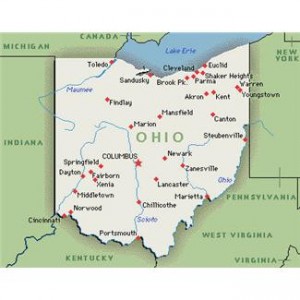Washington Rules of Professional Conduct don’t prohibit attorney from entering into business transaction with prospective client or in anticipation of establishing an attorney-client relationship
by Christopher Graham and Joseph Kelly
Rafel Law Group v. Defoor Case No. 68339-0-I (Ct. of Appeals of Washington, Aug. 19, 2013)
Client hired law firm to substitute in as counsel for her in litigation relating to her in a distribution of property suit after the end of her “committed intimate relationship” with her business partner.
There was a dispute between client and the firm regarding legal fees. Firm’s subsequent motion to withdraw was granted. The firm filed attorney’s lien claims in the litigation.
Client later went to back to the firm asking them to represent her in the case for the second time. The firm agreed to again represent client if: (1) client acknowledged the fees owed; (2) client agreed to pay legal fees on an hourly basis going forward; and (3) client sign a promissory note for all fees owed presently and in the future. Client agreed and signed the note.
The case went to trial and client received a judgment in her favor. But client refused to pay the firm which led to this case.
Client argued that the note was void because the firm failed to comply with Rule 1.8(a) of the Washington Rules of Professional Conduct. The court rejected client’s argument, stating:
“RPC 1.8(a) governs transactions entered into during the course of the attorney-client relationship. The rule does not apply to transactions entered into prior to the creation of the attorney-client relationship or those agreed upon during the relationship’s formation. Such application is made clear by the plain language of RPC 1.8, which expressly prohibits an attorney from entering into “a business transaction with a client.” The language of the rule makes no reference to transactions with prospective clients or transactions entered into in anticipation of representation. The rule itself is thus limited to conflicts of interests with current clients.”
Here, the court found that “it is undisputed that at the time [client and firm] reached agreement on the Agreement and Note, an attorney-client relationship had not yet commenced. To the contrary, their previous relationship had been terminated, as evident by the trial court’s order granting [firm’s] leave to withdraw. At the time of the Agreement and Note were negotiated, [client] was not a ‘current client’ of [firm] for purposes of RPC 1.8(a).”
Rule 1.8(a) of the Washington Rules of Professional Conduct thus didn’t void the note.
Tags: Washington, legal malpractice, Rules of Professional Conduct,


